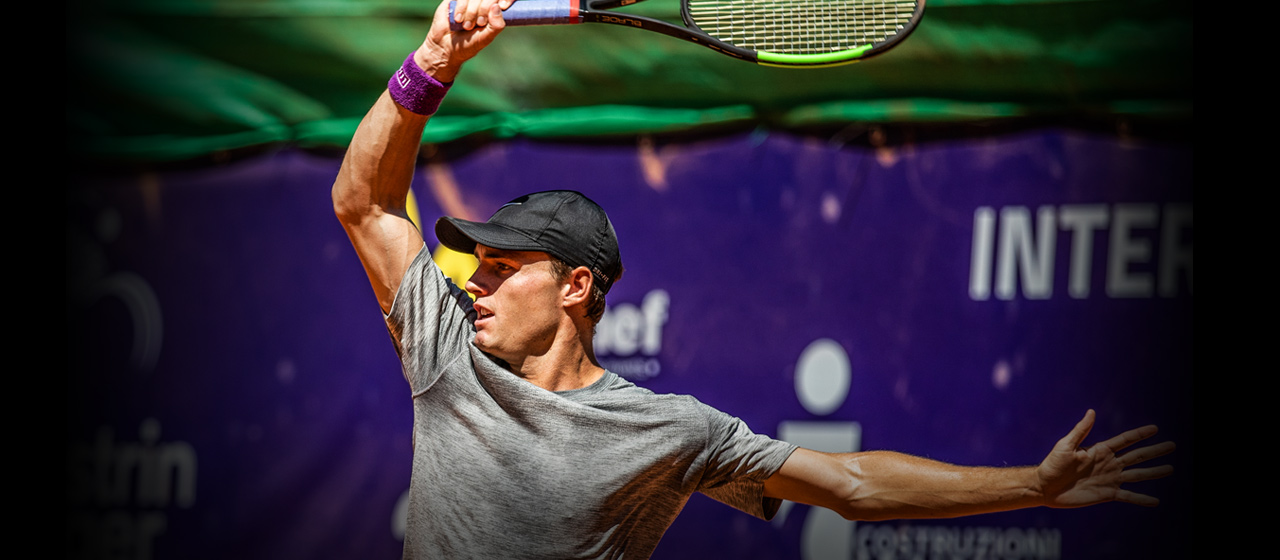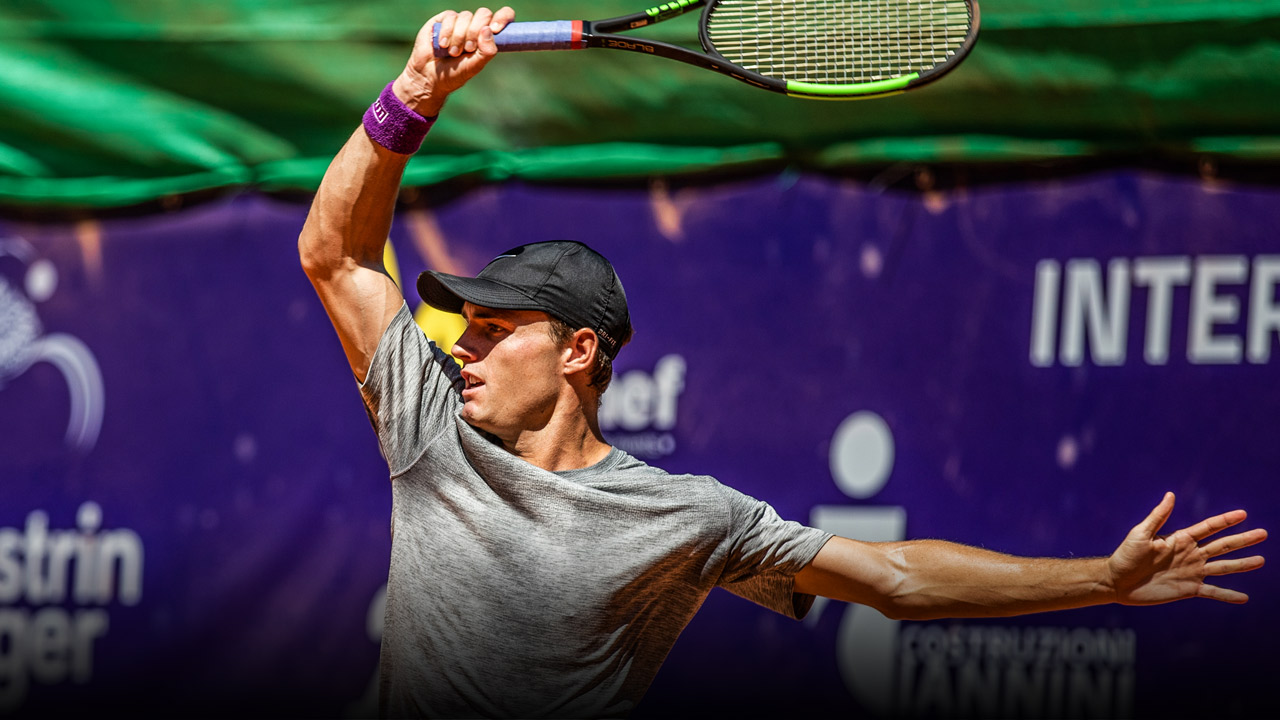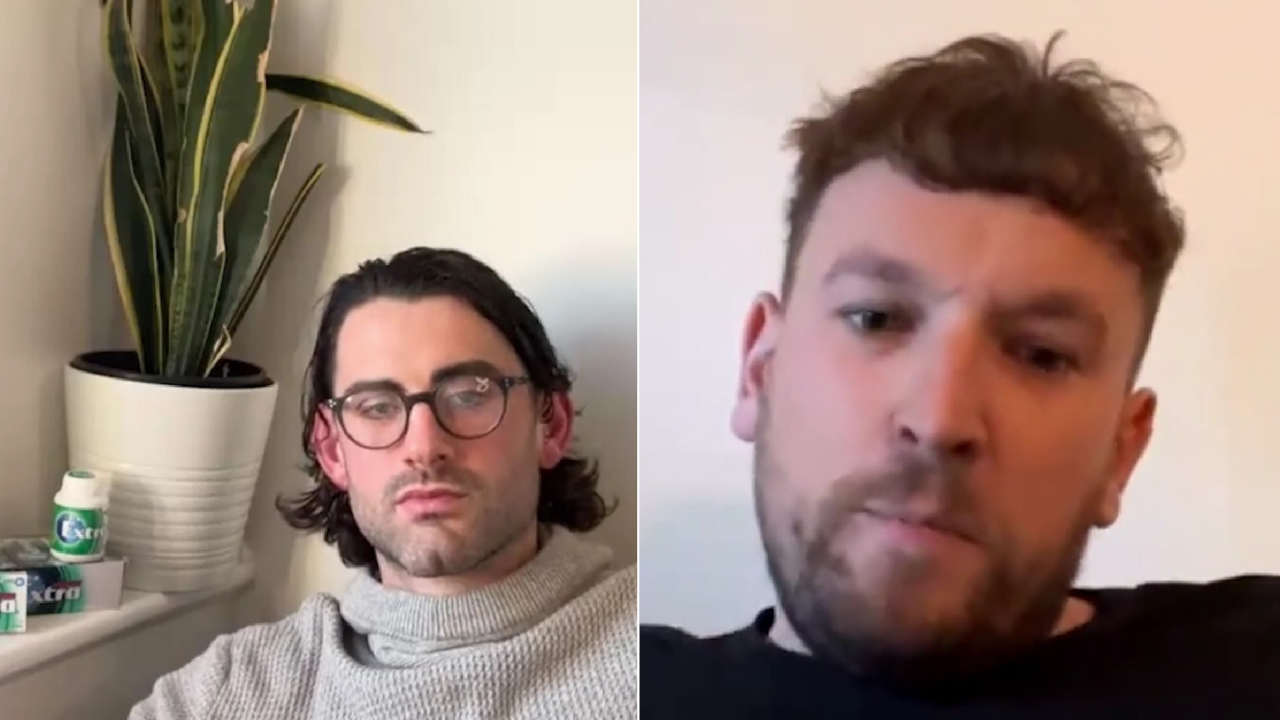Tennis
‘I’m so pumped to be back’
To be honest, I don’t think about the money all that much. But when I do, I know it changes everything for me this year.
Getting an Australian Open singles wildcard means a guaranteed $90,000. That’s almost as much as I won in the whole of 2019, when I won 82 matches, which is a crazy amount.
It means I’m not going to have to worry so much about where I eat, or about saving a bit of money by catching a train or a bus instead of flying between tournaments. I might even be able to hire a coach to travel with me some weeks.
I eat as cheaply as possible when I’m on the road. A chicken fillet, veggies and rice is my go-to dish for dinner when I’m travelling. I ask the chef to do that all the time. I buy my breakfast at the supermarket and keep a couple of bowls in my room.
The ITF Futures circuit, which is the third level of professional tennis, is extremely tough. It’s minimal money, and when you take into account the airfares, the food, all your expenses, it adds up, so you’re really not making anything.
The main goal on that tour is to earn as many rankings points as possible to get to the next stage. I’ve taken a lot of overnight trains and buses on my own in Eastern Europe and places like that. It’s the cheapest option, but it’s incredibly tough.
There are a lot of weeks where you’re down, you’re not feeling so good, maybe a little bit sick, but you’ve still got to go out and play and you’ve got to find a way to win.
So it’s been a bit of a blessing in disguise, because learning how to win in those situations has made me a much better tennis player. I’ve taught myself how to be tougher.

In the Challengers, where I played for the second half of the year, it’s still not fantastic, but it’s a much better lifestyle, and another benefit is hospitality is included, too. The tournaments are in much nicer places, and better organised. The crowds are bigger and the players are a lot more professional. It’s just nicer all round.
But it’s nothing like the Australian Open. It’s an unbelievable feeling to have a wildcard and be playing my first round – against Andrey Rublev, the 17th seed – on Tuesday.
All that hard work throughout the year to cut my ranking from over 1000 to just outside 100, all the grinding, the training, the travelling, it’s paid off because the Australian Open is an amazing event and it’s an unbelievable atmosphere.
My mid-life tennis crisis
I was always a reasonably good junior – in the top five in my age group in Australia all the way through. I won a 12s Australian nationals, I won a 14s Australian nationals, made semis of 16s and semis of 18s.
It was quite a strong group, with guys like Luke Saville, Jordan Thompson and Andrew Harris, and Nick Kyrgios was playing in our age group quite a lot even though we were born in 1994 and he was 1995.
Nick and I are very good friends. I’ve known him since I was eight and I knew he was extremely talented early on. That’s just his tennis path and how he’s gone about it and how he’s succeeded.
Everyone’s different, some people crack it early in their career and some people take a lot longer to develop and find a way. So that’s his path and I just feel like my path is slightly different.

From about 17, I had quite a few injuries. I had my first real breakthrough when I was about 22 or 23, when I got my ranking up to about 220 and I received my first wildcard for the 2017 Australian Open. I lost in the first round to Grigor Dimitrov, who ended up making the semi-final, so that was a bit of a tough draw in the end.
I had pneumonia for a few months in mid-2017, which really knocked me around, and then in 2018 I had about six months off with a knee tendonitis problem.
Deep down I knew I was talented enough, so even though I hadn’t played as much tennis as I’d hoped, I knew that talent doesn’t really go away, it’s always going to be there.
So I thought if I played enough tennis without injury then the results would eventually start coming, and that’s what happened.
But when I turned 25 last June I had almost a bit of a mid-life tennis crisis. I know it sounds kind of weird, but the tennis life span is quite short, so everything was going quickly for me and I hadn’t really got anything out of the sport yet, so it was just a feeling of wanting it to happen now.
I wanted to just kick things off and get a wriggle on with the sport, really. Just try and get something out of it.
Even though I was playing lower-level tennis at the Futures level, I played so many matches that it just transferred over to the Challenger level and I knew I had the game to compete.
I was fit enough and I was match-fit, and I just continued that on and I was going deep into those tournaments as well, and it just kept feeding into my confidence.
I’m still pretty shocked that I won that many matches in 2019, and it felt like a bit of a marathon in the end. It just kept going. I kept waking up, winning a match, doing the same thing every single day. It was a very long year. But extremely satisfying.

From cleaning boats to the Aussie Open
Last January I couldn’t even get into Australian Open qualifying, so I was just hanging out at home, training and getting ready for the Futures coming up.
Having been there a couple of years prior, it hurt a little bit to just be watching on TV, so that was definitely motivation to keep working on my game.
In 2018, when I was struggling with my knee tendonitis, I was doing a little bit of coaching on the side. I live on Pittwater on Sydney’s northern beaches, so every day from January through to June I was riding my bike down to clean boats on a morning and afternoon and coaching in between.
It was frustrating even being out there coaching and being on the tennis court because I just felt I kept getting unlucky with fitness and injury, but I was still pretty determined to get back out on court and start travelling and playing again.
I’m so pumped to be back here. My first Australian Open was very nerve-wracking, but it definitely helps that I had that experience a couple of years ago. I’m definitely going to be nervous this time, too, but I’m going to be excited more than anything.
More about: ATP Tour | Australian Open | Injuries | Nick Kyrgios | Resilience






 Load More
Load More